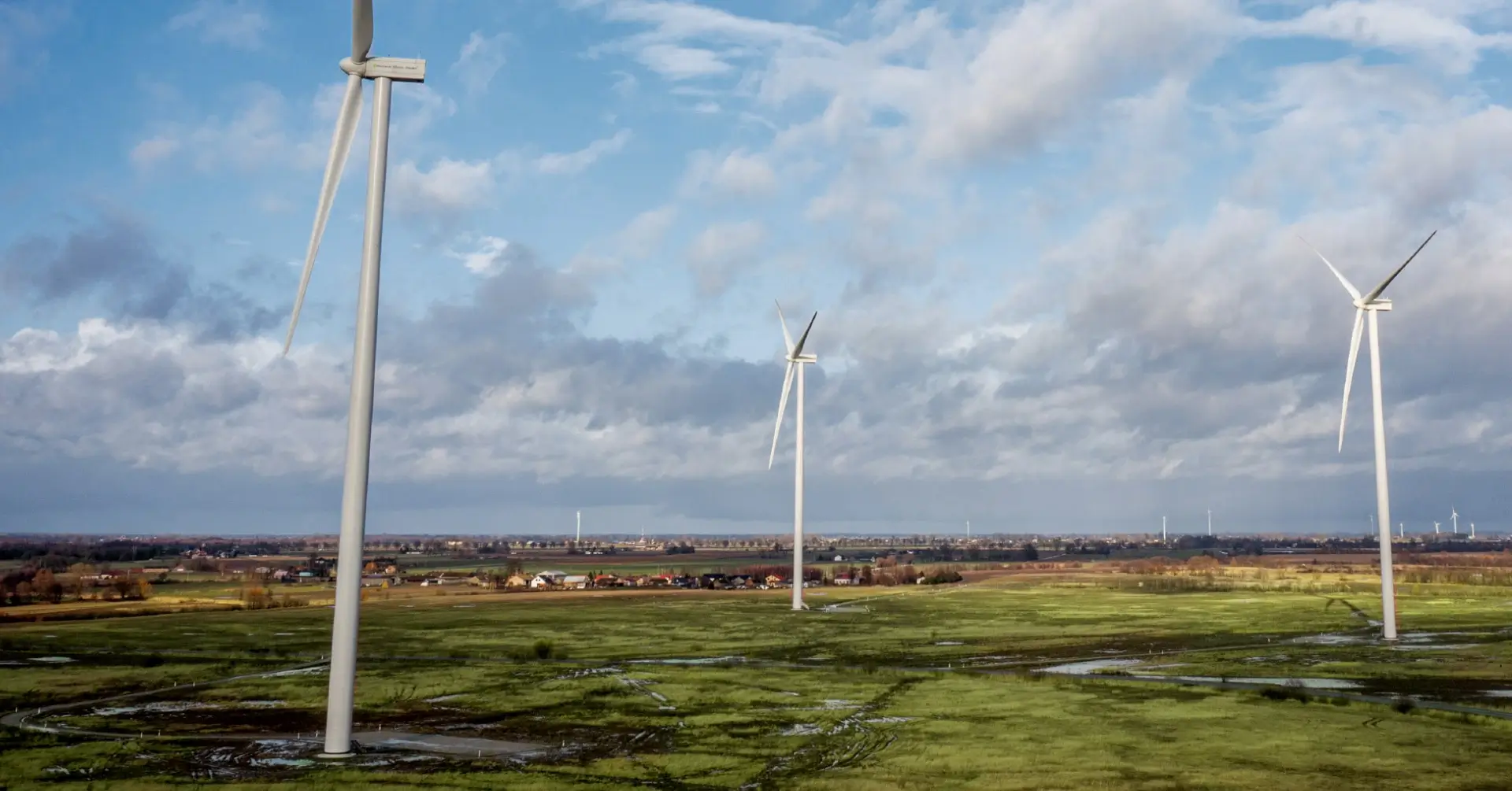
100 years of support for Poland’s development
100 years of support for Poland’s development
What matters most to commercial banks is the profit they earn for their shareholders. This is why it is difficult to obtain financing on the market for some less profitable socio-economic projects. Bank Gospodarstwa Krajowego, on the other hand, is no ordinary bank. For BGK, the profit of society as a whole is just as important as financial profit.
What links infrastructure, industrial and business development with health care, strategic security or housing and social cohesion? Well, all these areas are of interest to Bank Gospodarstwa Krajowego.
2024 marks the 100th anniversary of the founding of Bank Gospodarstwa Krajowego, Poland’s development bank – the only such institution in the country. The bank’s history is inextricably intertwined with Poland’s economic history, and its last 100 years have been extremely dramatic. World War II, the communist period and the democratic changes that began in 89, culminating in Poland’s accession to the European Union. Over the past 30 years, Poland has achieved unquestionable economic success, and BGK contributed to this.
The bank’s mission, which has not changed in a century, is to support the sustainable social and economic development of Poland. How does the bank do this? BGK implements programmes and provides financing that contribute to, among other things, job creation, housing construction, infrastructure development, improvement of air quality or the creation of new renewable energy installations. Through cooperation with business, the public sector and financial institutions, BGK responds to economic needs and undertakes initiatives that promote sustainable development.
BGK operates through a business model that focuses on 8 areas: infrastructure, transport and logistics; industrial development; business development; housing; health; social and territorial cohesion; public finance; and strategic security. As well as supporting job creation, access to housing and clean air, the Bank’s programmes help to build spaces for people with disabilities, increase the effectiveness of education, develop culture, sport and carry out environmental activities. Let’s take a look at some of the bank’s business model programmes.
Infrastructure, transport and logistics are the flywheels of the economy
Underdeveloped infrastructure is a major barrier to development. On the other hand, access to highways or railways, but also a stable energy supply guaranteed by modernised power grids, are elements that attract new investment. In order for manufactured goods to be sent out into the world, a modern port infrastructure is needed. Currently, 77 per cent of the EU’s external trade is handled by sea transport. This shows that seaports are a true window to global economic trade. It can be said that efficient infrastructure, that of local and national importance, is the real flywheel of economic development. This is why BGK finances infrastructure projects: from the construction of new roads to the expansion of seaports.
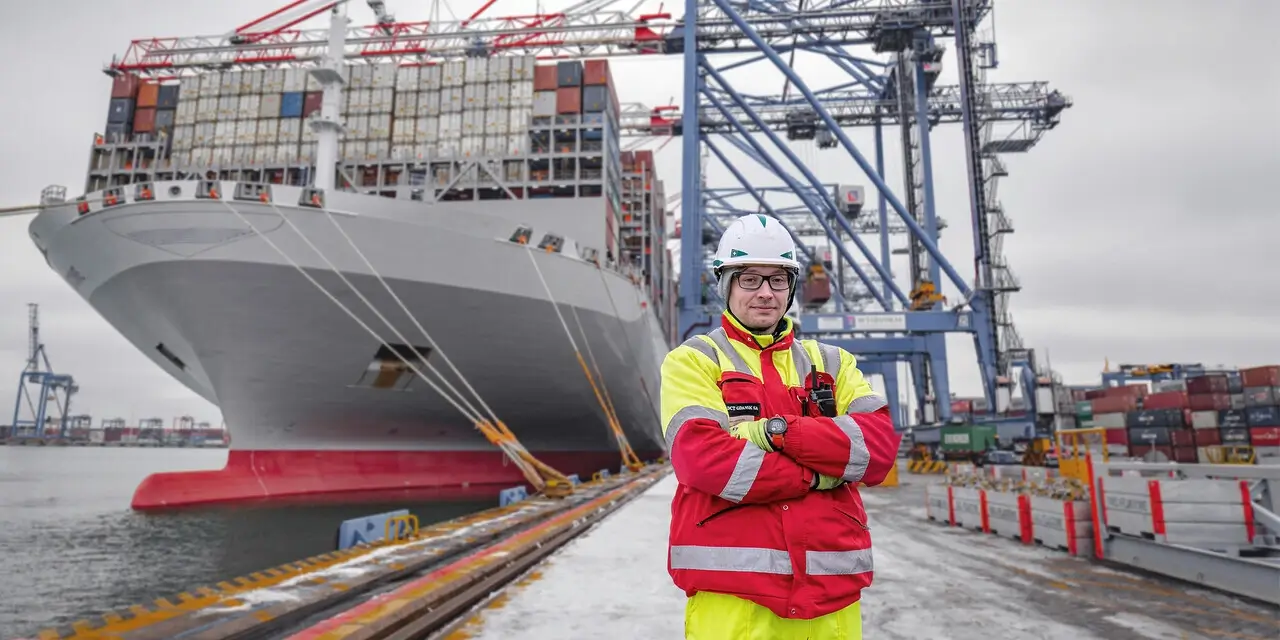
An example of investment in infrastructure that is important for the entire Polish economy is the Baltic Hub, the container terminal of the port of Gdansk. The Baltic Hub was launched in 2007, but its capacity was quickly exhausted. When BGK financed its expansion, the port added more than 700 m of deep-water quay, a 38 hectare storage yard was built and cranes were installed to unload containers. Thanks to investments, the port of Gdansk is steadily expanding its potential. In 2023, 81 million tonnes of goods passed through Gdansk, including over 2 million TEUs (20-foot containers) handled at the Baltic Hub. Gdańsk has become the largest port in the Baltic and has entered the top ten EU seaports. Seaports are not only about international trade. The Baltic Hub employs more than 1,200 people and is therefore a major employer in the region. It is also not insignificant that in 2023 alone the company generated 12 billion in tax revenue for the Polish budget from VAT, excise duty and customs duties.
The strategic security of Poland
Energy is the foundation of Poland’s strategic security. At the same time, access to cheap energy is one of the important conditions for development. Despite the fact that Poland has been undergoing an energy transition for several years, our energy mix is still dominated by electricity produced from coal. This is a disadvantageous situation because coal-fired power generation is a proverbial dead end. Not only does it emit huge amounts of CO2 into the atmosphere, it is also burdened by climate charges and vulnerable to global commodity crises. Therefore, in addition to nuclear energy, the domestic economy urgently needs new RES installations, including wind farms.
In 2023, around 13 percent of the electricity generated in Poland came from wind, while this energy source brought as much as 19 percent of electricity to the European Union. To meet the EU’s climate targets, 30 GW of new capacity is needed annually. We can therefore expect further dynamic development of the sector and an increase in the number of wind turbines in the country.
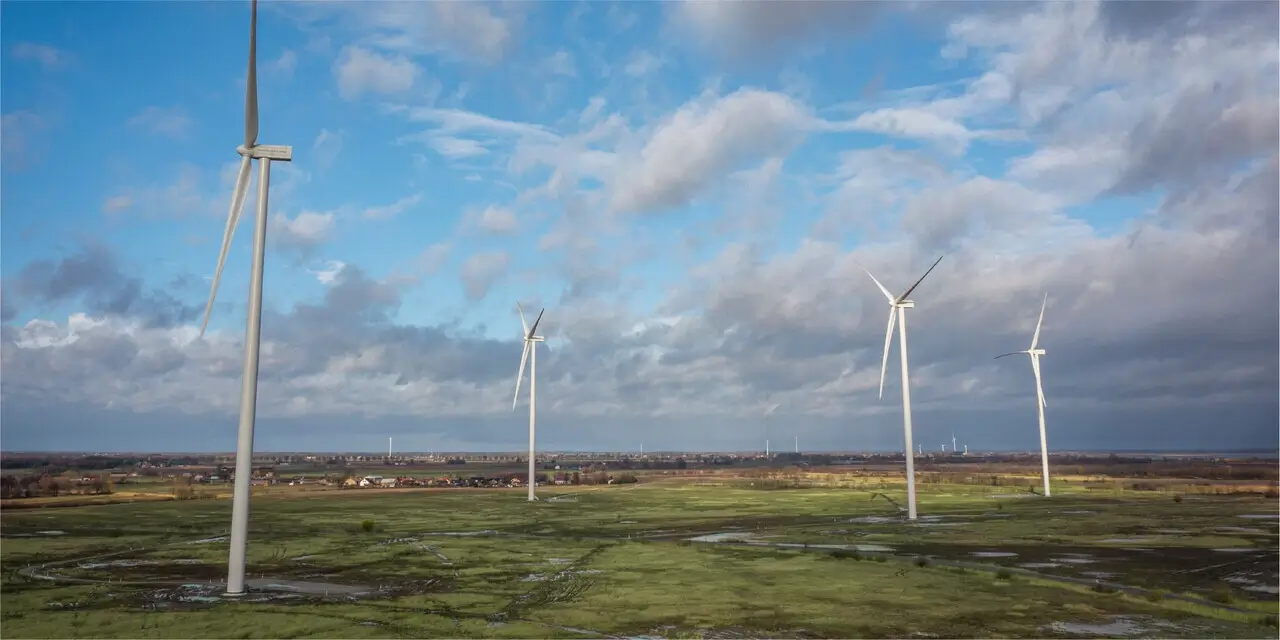
This is why BGK provides financing for the development of renewable energy sources in the Strategic Security programme. An example of such an investment is the Kazimierz Biskupi farm. It is a key investment in the post-mining areas of Eastern Wielkopolska, degraded by decades of opencast lignite mining. The farm consists of 7 wind turbines with a total capacity of 17.5 MW, which translates into approximately 60 Gwh of annual energy production. This amount of energy will make it possible to power villages inhabited by nearly 90,000 people.
Poland is experiencing a housing shortage
Despite the fact that in the last five years more than 220,000 dwellings have been completed each year, housing needs in Poland are still very high. The deficit concerns not only the number of units, but also their quality. Many dwellings in Poland do not provide an adequate standard of living. The National Census shows that over 1.5 million flats or houses in Poland do not have a bathroom, and 1.2 million do not have a toilet. This is one of the most important social challenges, as well as a development barrier, especially for smaller towns. At the same time, data from the latest National Census shows that vacant buildings account for 12 per cent of buildings in the country. Therefore, an opportunity to improve housing availability lies in investments in neglected parts of cities.
An example of utilising the potential of vacant land is the TBS buildings completed in Głogów, where former barracks buildings abandoned by the army were renovated. A total of 64 flats with a total area of almost 2,700m² were created. In addition, 683m² of basement space.
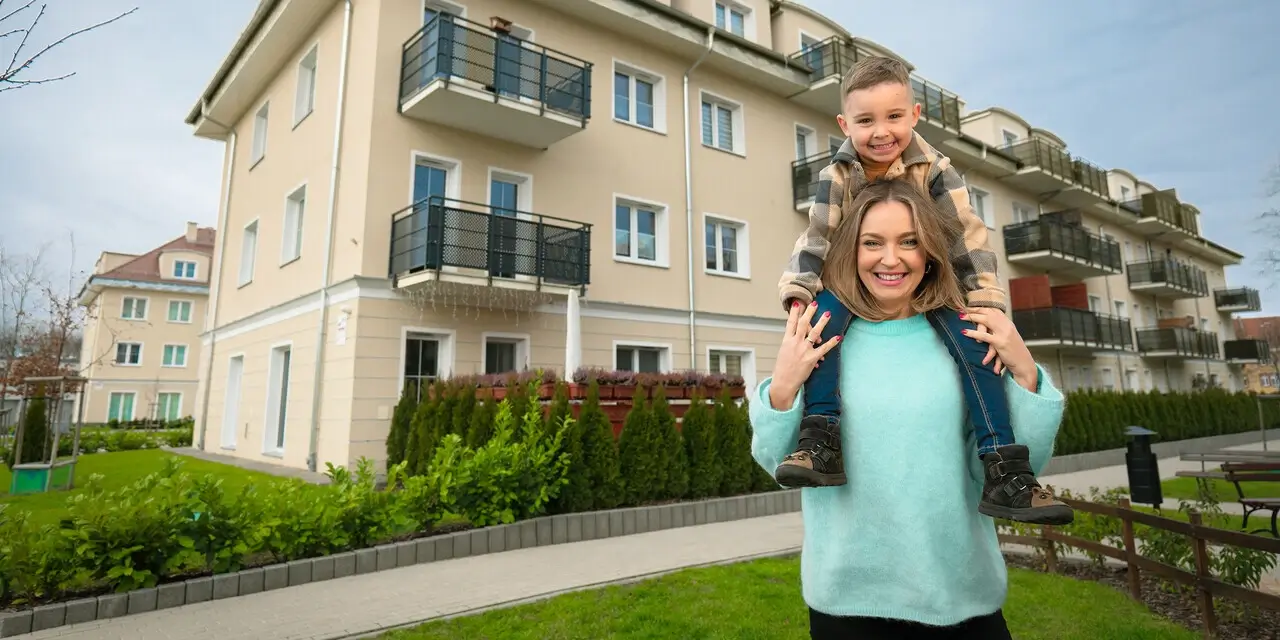
The investment was made possible thanks to subsidies from the Surcharge Fund, which is administered by the Minister of Development and Technology. TBS also benefited from a preferential SBC (social rental housing) loan granted by Bank Gospodarstwa Krajowego. The investment described was not an isolated case. In the last three years, BGK has granted PLN 4 billion 156 million in subsidies from the Surcharge Fund for the construction of 23.7 thousand flats, and has also granted more than PLN 780 million in preferential SBC loans for the construction of 5.7 thousand housing units.
We focus on business development
Small and medium-sized enterprises (SMEs) generate almost half of Poland’s GDP and are therefore key to our country’s economic development. At the same time, Poland has the smallest number of companies per capita in the entire European Union, which shows that there is still a lot of space for SME activity. It is therefore important to reduce barriers to the creation of new companies and to create optimal conditions for their development. Projects such as the Podkarpacki Business Park, which was established thanks to funding provided by BGK, serve this purpose. The task of business parks is to create a complete business environment in one place: offices, exhibition space, storage facilities, conference facilities, service outlets. And all this in the vicinity of transport hubs. Their advantage over conventional offices is, for example, the lower rental costs that result from being located outside city centres.
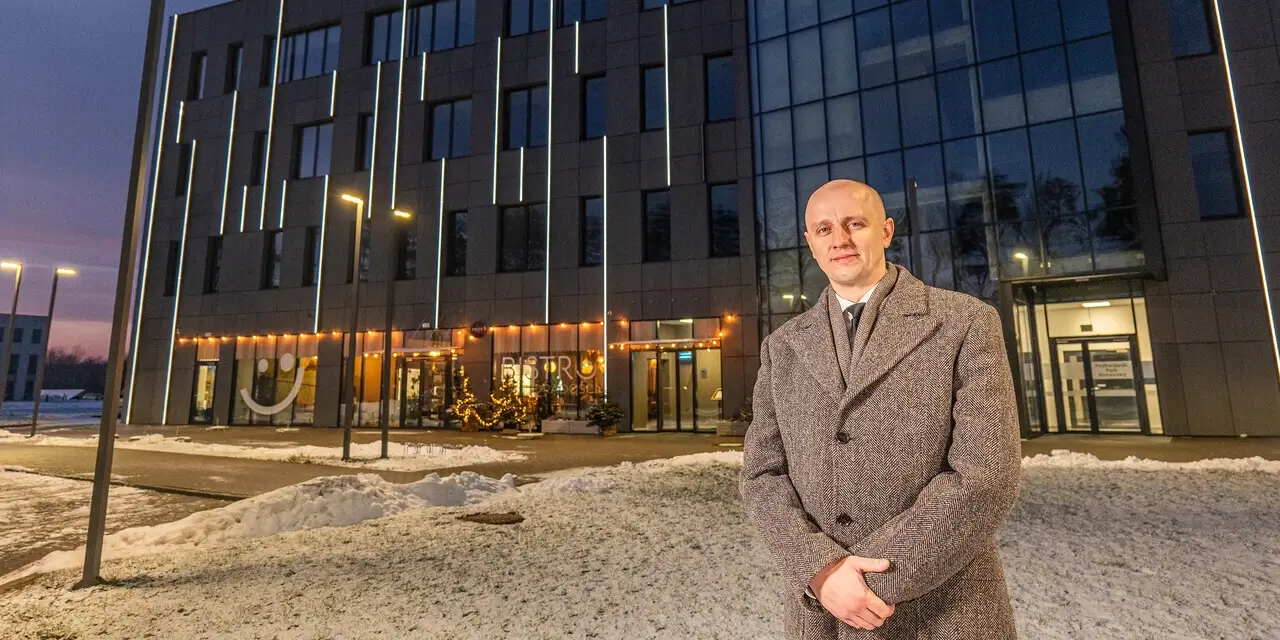
Podkarpacki Business Park is a 4-storey office and service complex designed for business activities. The building consists of a service area and 21 offices ranging from 10 to 200m2. The office building is located next to the buildings of the Technology Incubator, which houses the Podkarpackie Science Centre “Łukasiewicz” and the G2A Arena Exhibition and Convention Centre. The project thus complements the economic ecosystem around Rzeszów. Investment in the business environment is already yielding results. More than 7,500 people work in the local production facilities and logistics halls.
Industry needs innovation
The industrial sector accounts for 27 percent of Poland’s GDP and generates more than 30 percent of all jobs. This shows its importance for the economy as a whole. The problem of Polish industry is its low level of innovation in comparison to other countries in the European Union. This is a serious problem, because Poland – if it wants to avoid the middle development trap – should stop competing with low production costs. This is why Bank Gospodarstwa Krajowego supports the strengthening of the productivity and innovativeness of Polish industry.
One company that has benefited from BGK funding is SaMasz from Podlasie. 40 years ago, the company started with production in a rented garage; today it is present in 70 markets and offers 300 different machines for agriculture, among other things. The plant is evolving into a smart factory. SaMasz is already making use of artificial intelligence, cloud computing, the Internet of Things and process automation. Such investments are in line with Industry 4.0. The bank has supported the construction of a research and development centre developing prototypes, new technologies and processes that are the basis for innovation.
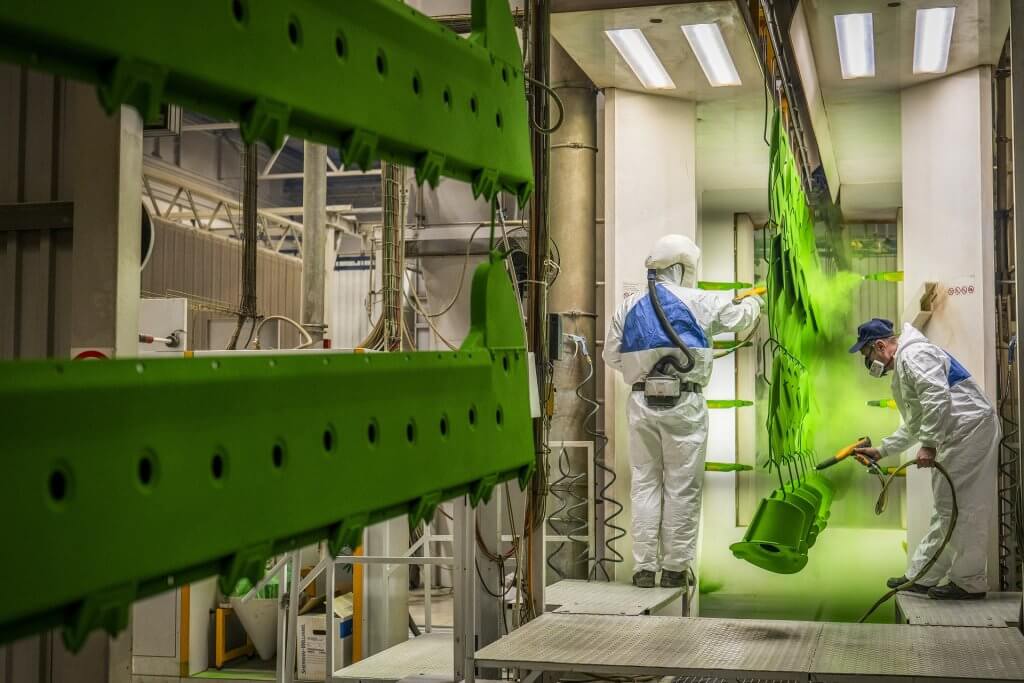
Another example of the bank’s investment in industry development is the construction of Poland’s first vertical plant cultivation centre by SIEJESIE. The farm covers an area of just 550m2, but due to the fact that it is arranged on 12 levels, the effective cultivation area is as much as 2,600m2, which is the same as 1.4 ha of a traditional greenhouse.
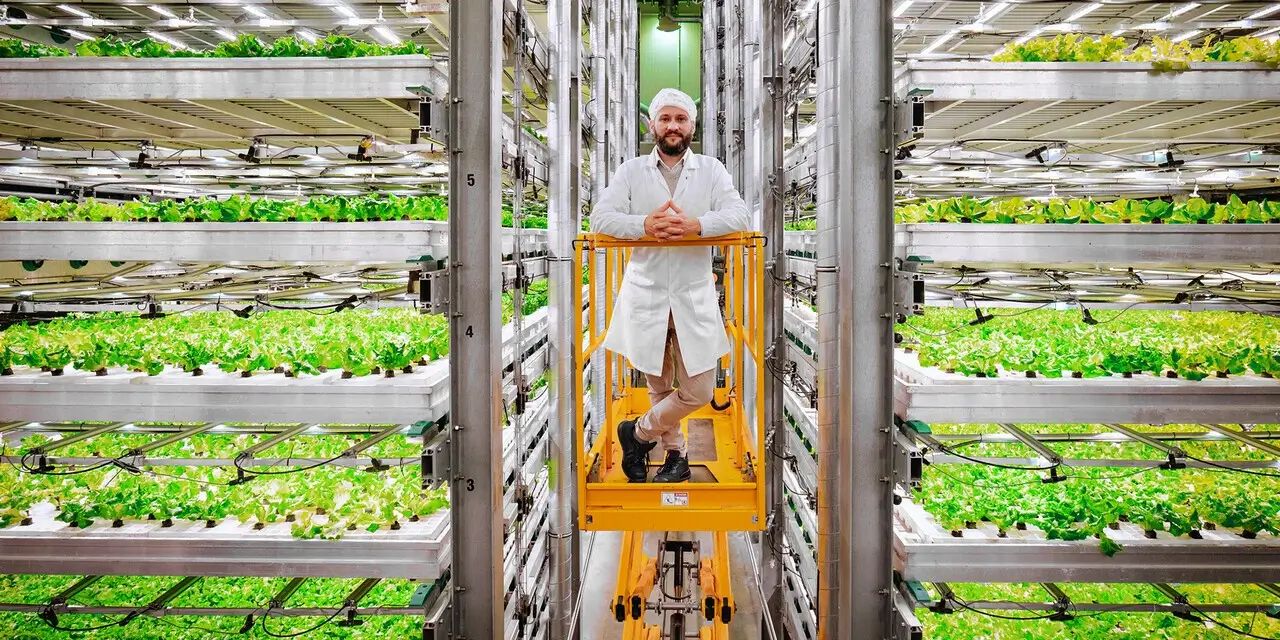
Vertical farms are one a promising development in food production. Thanks to their isolation from the environment, the crops use fewer natural resources, including water, than traditional agriculture. LED lighting allows heat recovery and a closed hydroponic circuit allows the control of growing mediums. All this gives ideal conditions for plant growth, guarantees a reproducible product and shortens the production period and, most importantly, the plants are pesticide-free.
Poland will either develop evenly or not at all
Disparities in development make smaller cities less attractive and offer a lower quality of life compared to larger towns. This is largely due to a lack of investment, which translates into a limited number of jobs and is one of the reasons for the depopulation of small and medium-sized towns. In addition to jobs, infrastructure, access to services and entertainment, among other things, play an important role from the point of view of the resident. Smaller towns have too few sports facilities and lack attention to integration, spatial cohesion and unconventional land use. After all, a friendly city should be a place that is comfortable to live in and integrates residents.
As a development bank, BGK supports projects that contribute to sustainable socio-economic development. That is why it provides funding for, among other things, the construction of sports facilities. One such investment is the 2023 opening of the Zagłębie Sports Park in Sosnowiec. This state-of-the-art facility offers a fully equipped football stadium with a covered grandstand and two sports arenas: an indoor arena with a multi-purpose pitch and a year-round winter stadium.
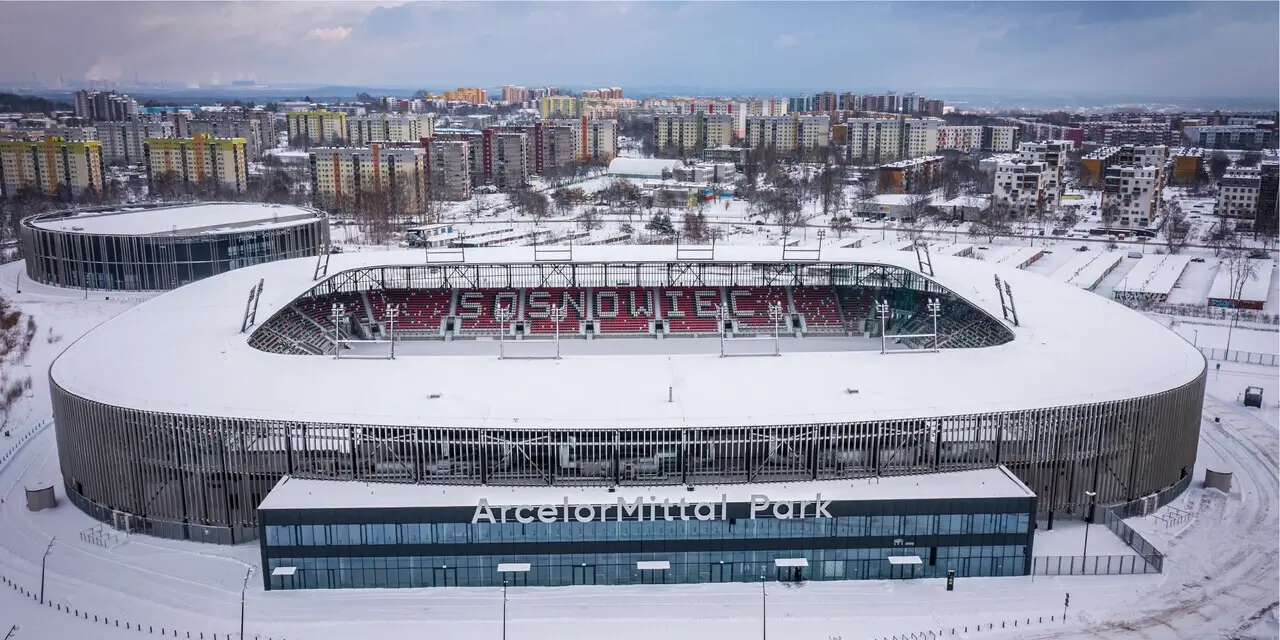
The winter stadium has an ice rink with a stand for almost 2,500 spectators, there are sanitary and catering facilities, changing rooms for the first team, youth sections and student sports clubs. It is thus a place that serves professional athletes, supporters as well as amateur sport, and is a place for meeting, integration and entertainment. Between the two most populated districts of the city, a unique and at the same time only one of its kind complex has been created. In one place there are facilities that meet the requirements of Polish and international sports federations, amateur sports infrastructure and entertainment facilities.
